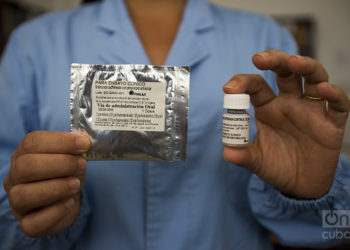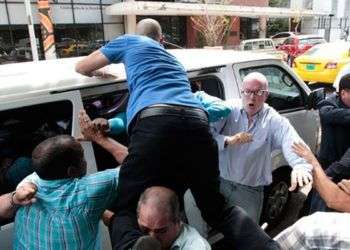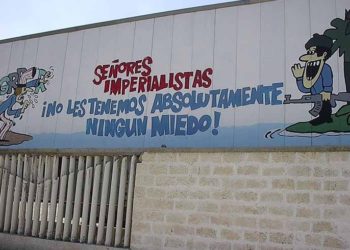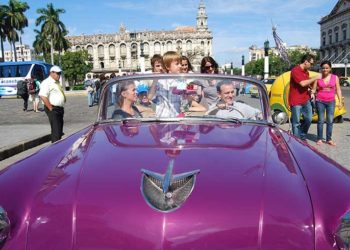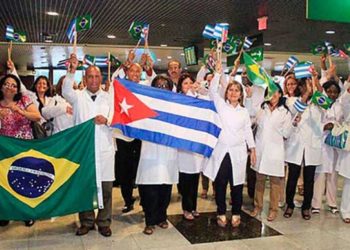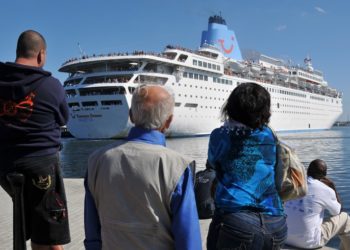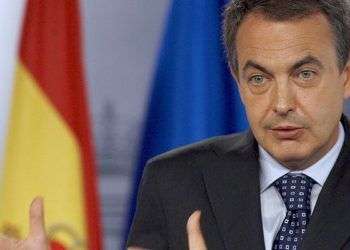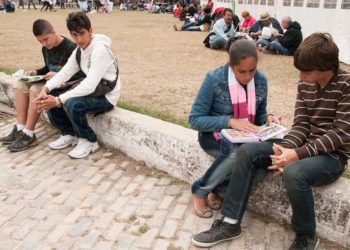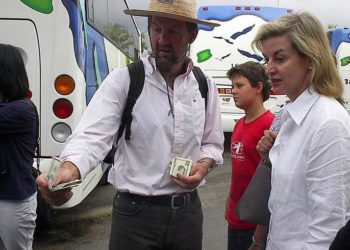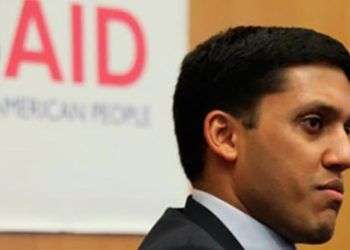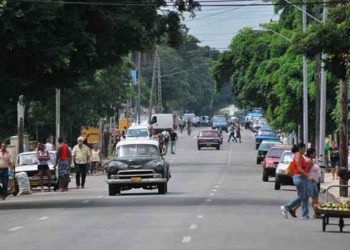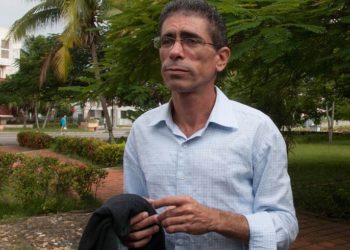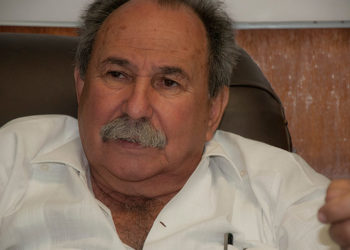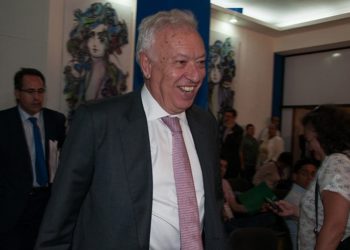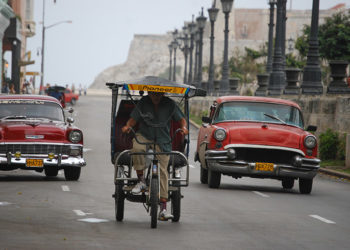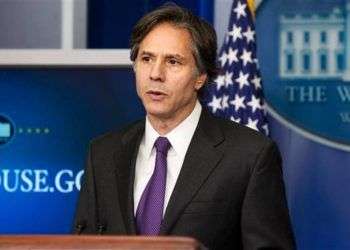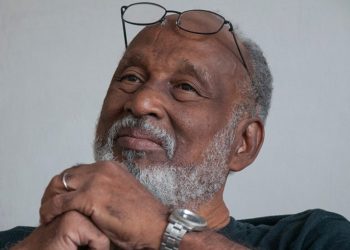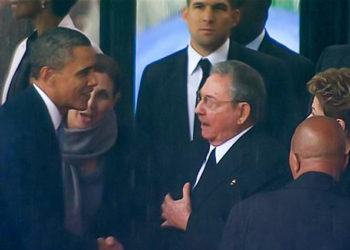Cuban anti-cholera vaccine
Dr. Rafael Fando, of Cuba’s National Center for Scientific Research, (Centro Nacional de Investigaciones Científicas, CNIC) is the leading researcher for the anti-cholera vaccine. He began working on the vaccine since he was a student and continued after graduating. The CNIC has existed for half a century and the average age of its scientists is 40. They carry out biomedical research on natural products, environmental studies, and biological products for preventing infectious diseases. Why work on a vaccine against cholera, a disease whose incidence is practically non-existent in Cuba? It was an idea of Fidel’s, in 1991, when the epidemic began in Peru. Cuba was going through its most difficult years of the Special Period (economic crisis) at that time. The idea emerged because no pharmaceutical company would work on the issue; it’s not a vaccine that can generate major revenue. A number of us at different research center began the work, some with an inactivated variant, while we used a live vaccine to be administered in a single dose. Anti-cholera vaccines are meant for poor destinations, underdeveloped countries, which is why the ideal is for a single dose to be enough. Work on this vaccine has been going on...

